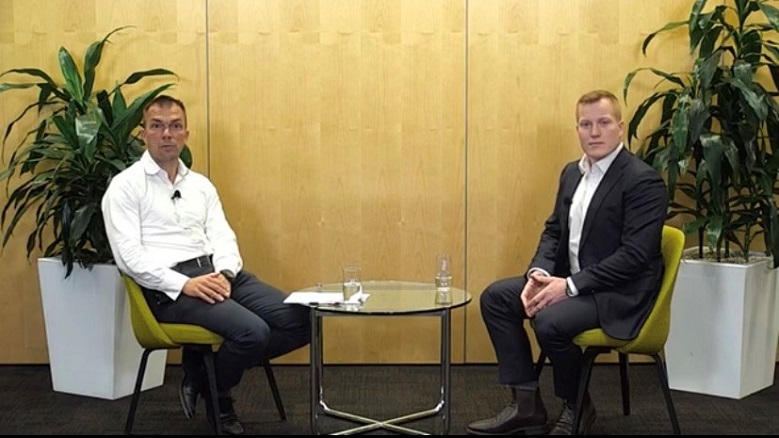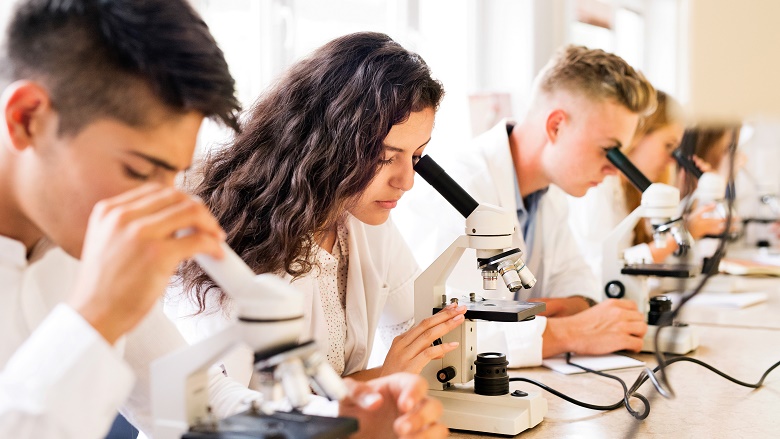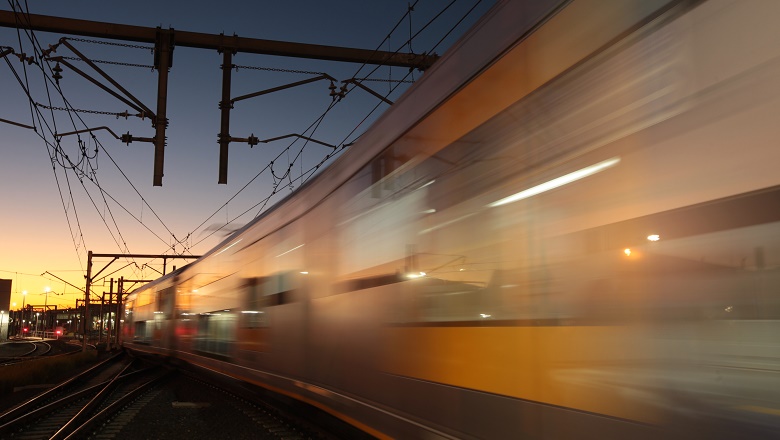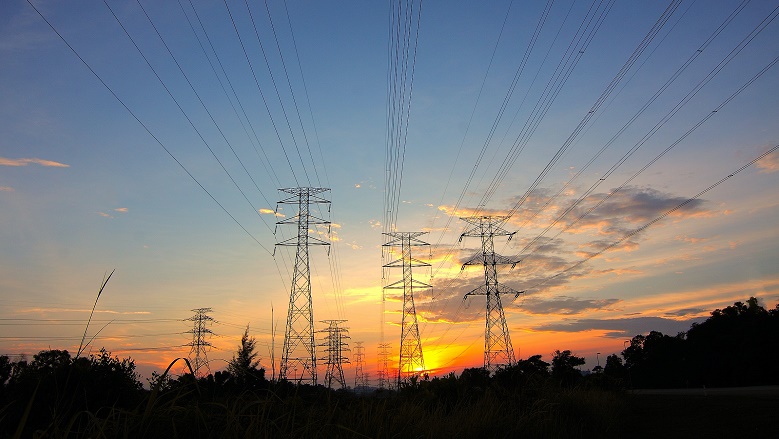Speaking with CBA’s Alex Toone, Mr Rownes said that while he had a rich technical background, having obtained a Bachelor of both Engineering and Science and a Master of Engineering Science from the University of New South Wales and having worked for many years in the nuclear industry in both Australia and Finland, the MBA would help him to round-out his skill-set and build his business acumen.
“The MBA will provide me with two things specifically: institutional learning and networking opportunities. It will give me the opportunity to understand diverse perspectives, to learn and to create connections,” he said.
Mr Rownes went onto discuss his work to date in the nuclear energy sector and the opportunity that exists for Australia in this space.
“I grew up in Kempsey on the mid-north coast in Australia. During the 90s, we endured a long period of drought. In the early 2000s we saw significant flooding, and we’ve had floods again now two years in a row. We are starting to see more and more of these significant weather events – drought, fire or floods. So, the impact that increasing carbon dioxide levels is having on the environment here in Australia is becoming really clear,” Mr Rownes said.
“Different countries have chosen different pathways to decarbonise the grid. Finland’s grid is already 80 per cent decarbonised. They run about 40 per cent nuclear as part of their overall energy mix.
“Is nuclear appropriate for Australia? Well, it depends. The two concerns people have about nuclear technology are: how safe is it, and what do we do with the waste? Those conversations are crucial. Waste storage needs to be part of the discussion – especially when we are considering whether we should introduce nuclear energy as a power source.
“It has been good for me to see the experiences in Finland – because they are the only place to really do it [consider nuclear waste storage] successfully. They had a competitive process to site a deep geological waste store. They have a technology that is going to hold the waste securely for the next 100,000 – 200,000 years.”
While Mr Rownes said although selling the benefits of nuclear energy to Australians was a ‘difficult’ ask, nuclear energy was a proven way of taking CO2 out of the grid “rapidly”.
Looking ahead, Mr Rownes said he was proud to have received the Commonwealth Bank John Monash Scholarship and was excited to use this opportunity to support to Australia’s transition to net zero emissions.
For more information about the John Monash Foundation visit General Sir John Monash Foundation




